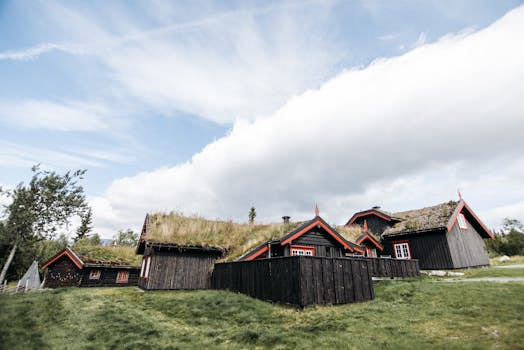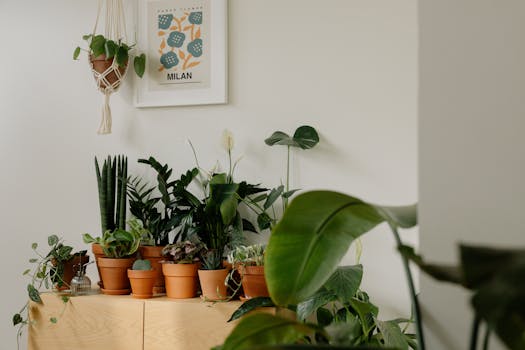
Sustainable Living: Emerging Trends for 2025
Sustainable living is becoming increasingly important as the world grapples with the challenges of climate change, pollution, and resource depletion. As we look to the future, it’s clear that sustainable living will play a vital role in creating a healthier, more sustainable world. Sustainable living is all about making conscious choices to reduce our impact on the environment, and there are many emerging trends that are set to shape the future of sustainable living.
Renewable Energy

One of the most significant trends in sustainable living is the shift towards renewable energy sources. Renewable energy, such as solar and wind power, is becoming increasingly cost-competitive with fossil fuels, and governments around the world are investing heavily in renewable energy infrastructure. In 2025, we can expect to see even more widespread adoption of renewable energy, as technology continues to improve and costs come down.
Zero Waste Living

Another key trend in sustainable living is the move towards zero waste living. Zero waste living is all about reducing waste to almost zero, by avoiding single-use plastics, composting food waste, and choosing products with minimal packaging. As consumers become more aware of the impact of waste on the environment, we can expect to see a significant increase in demand for zero waste products and services.
Sustainable Fashion

Sustainable fashion is another area that’s set to see significant growth in 2025. With the fashion industry being one of the largest polluters in the world, there’s a growing demand for sustainable fashion brands that use eco-friendly materials, reduce waste, and promote fair labor practices. From clothing made from recycled materials to second-hand shopping, sustainable fashion is becoming increasingly popular, and we can expect to see even more innovative sustainable fashion brands emerge in the future.
Smart Homes

Smart homes are also set to play a significant role in sustainable living in 2025. Smart home technology allows homeowners to monitor and control their energy usage, water consumption, and waste management, making it easier to live a more sustainable lifestyle. With the rise of the Internet of Things (IoT), we can expect to see even more smart home devices and systems emerge, making it easier for people to live sustainably.
Urban Agriculture

Finally, urban agriculture is another trend that’s set to shape the future of sustainable living. Urban agriculture involves growing food in urban areas, using techniques such as vertical farming, rooftop gardens, and community gardens. As the global population continues to urbanize, urban agriculture is becoming increasingly important, as it provides a sustainable way to produce fresh, healthy food, while also reducing transportation emissions and supporting local economies.





